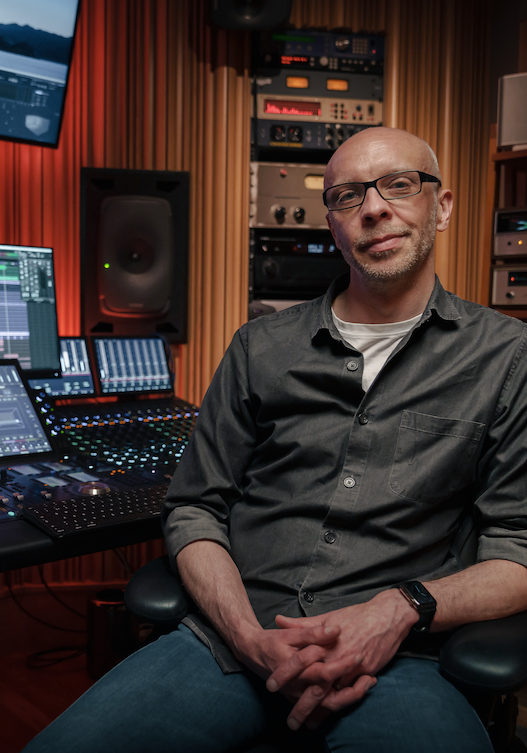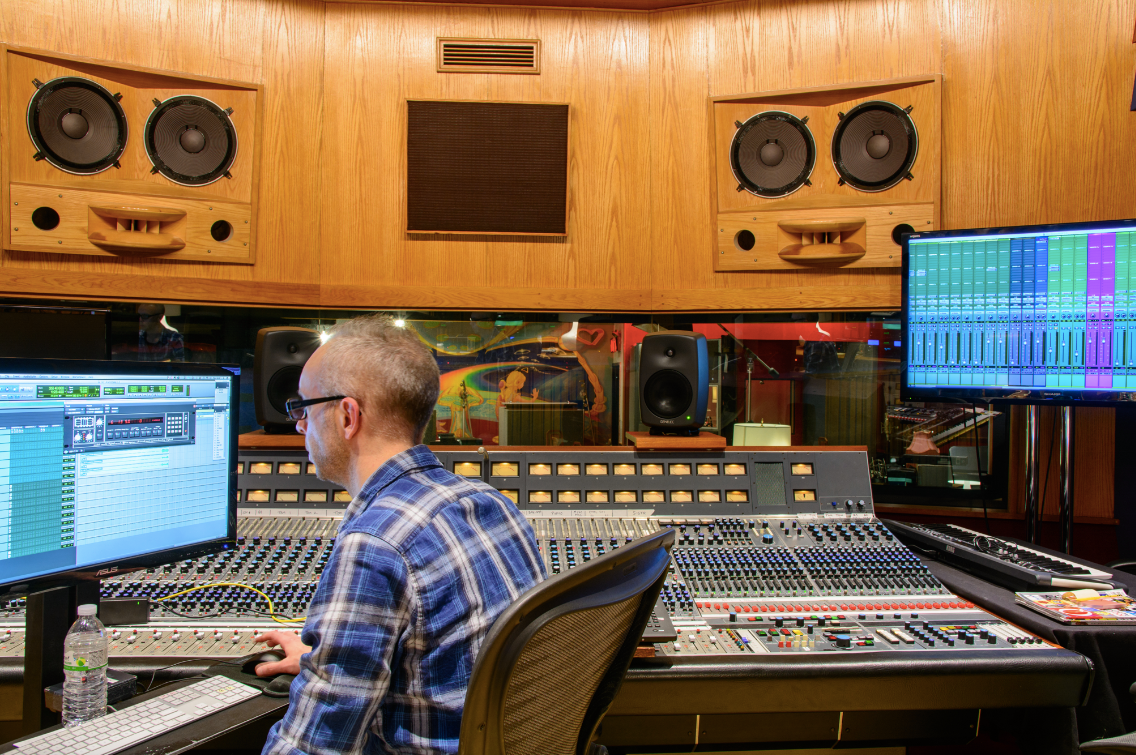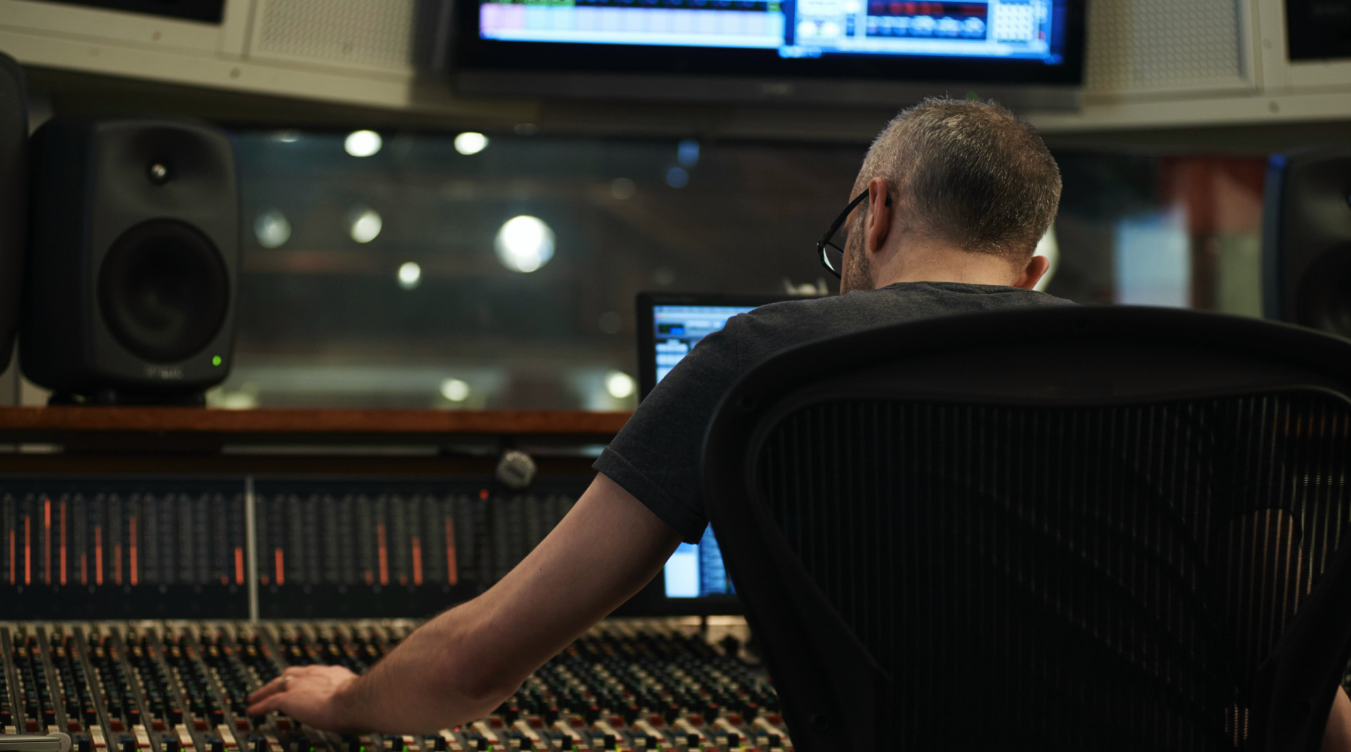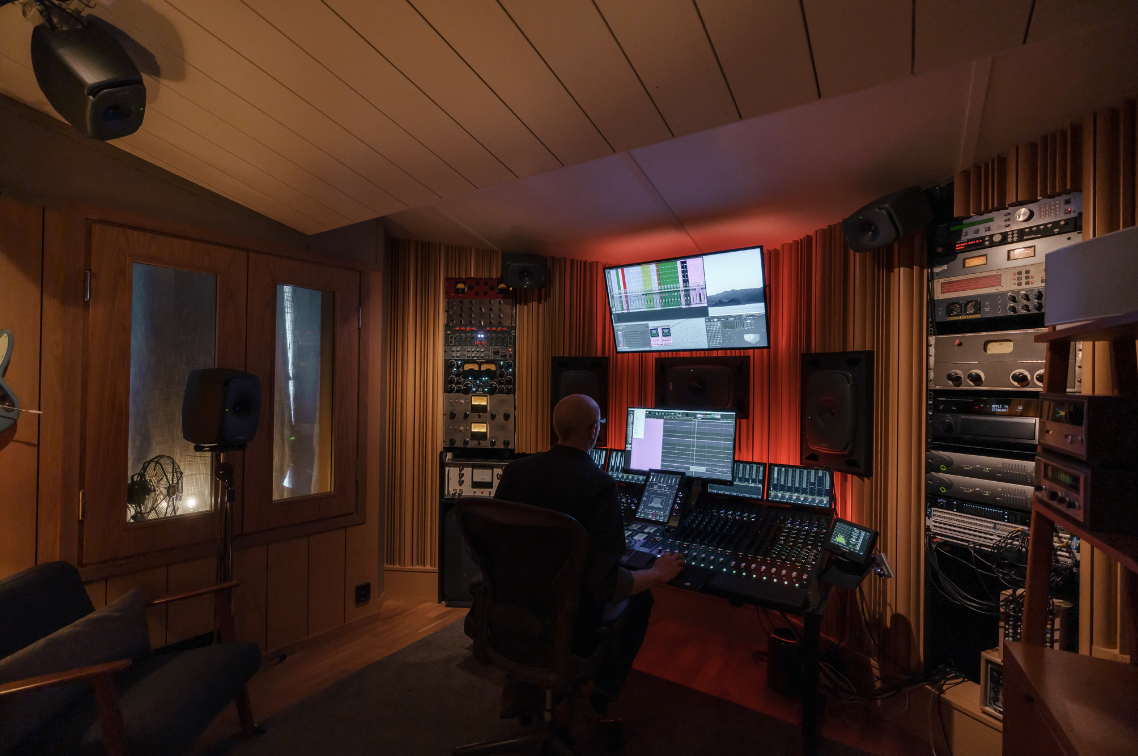Producer, mixer and engineer Stefan Boman – who’s worked with The Backstreet Boys, Def Leppard, Westlife, Robyn and Emma Bunton – opens up about his connection to ABBA, being recorded by the Backstreet Boys, and on why Dolby Atmos is helping the Swedish music industry thrive.
When did you first become interested in engineering?
I guess I decided pretty early on. I was around 17 or 18 when I started building my own simple home studio, recording some of my own songs and recording friends. Then I started producing them.
When I was about 20 I said to my mum and dad, ‘I’ve found this course in L.A for audio engineering; I really want to do this’. So that's what I did! From then on, I stayed on that path.
After that, I started knocking on doors in Stockholm for studio work. I’d ask around to see if I could start hanging out in studios and work for free. The third studio I went to was Polar studios, and I managed to run into the boss, who usually wasn't there at reception.
But I got to speak to him directly and he was like, ‘I think you have the right attitude’. They hired me by the hour a week later because they were so busy in their mastering room. I started working there pretty much every night, six days a week or so, and then I was employed there.
Polar studios was built by ABBA; was that an intimidating prospect to start your career there?
The ABBA thread seems to follow me because right now I'm working at – and am part owner of – Atlantis studios, and ABBA made all their classic recordings at Atlantis.
When they made it big they wanted to build the best studio in the world, so they built Polar studios. So I've been sort of walking in the footsteps of ABBA, but in the opposite direction!






